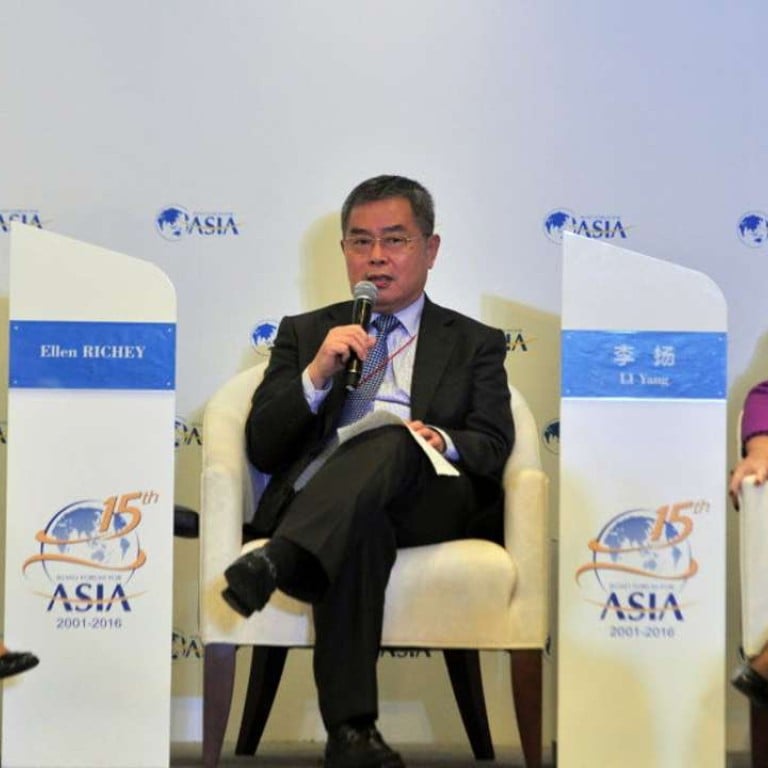
‘Skyrocketing’ debt at state firms among biggest challenges facing China’s economy
Mounting debt and slow reform at state-owned enterprises are the biggest challenges to China’s economic outlook, according to a leading expert.
“The biggest risk is the huge buildup of credit relative to GDP, though it is not an across-the-board problem,” Nicholas Lardy, a senior fellow at the Peterson Institute for International Economics, told the South China Morning Post on the sidelines of the Boao Forum yesterday.
“The buildup of credit is primarily in state-owned enterprises,” he said. “If you look at private companies in the industrial sector, their leverage ratio is actually going down.
“The leverage ratio for state firms is skyrocketing. Some of them are not borrowing money to cover investment, but to cover their operating costs.”
We’ll stabilise China’s economy: Premier Li Keqiang sets the tone for the year ahead
That is one of the concerns economists noted in the wake of the lending spree in January when new bank credit hit an all-time high of 2.51 trillion yuan (HK$3 trillion).
New loans fell by more than one third in February after the central bank instructed banks to rein in the lending, to prevent the market from misinterpreting that it was loosening policy strongly like it did in 2009.
China witnessed unprecedented market jitters in 2015 when GDP growth slowed to 6.9 per cent. The stock market rout last summer triggered panic about China’s economic outlook and put the government under fire for its incompetent reaction.
‘Trust us, China’s economy definitely NOT headed for hard landing’: top economic planner
Li Yang, former deputy-director of the Chinese Academy of Social Sciences, said at the forum that a new financial oversight regime may be finalised in months.
It is widely expected that the three watchdogs for securities, banks, and insurance will be merged to guard against regulatory loopholes.
Economists have long called for continuous efforts from Beijing to revamp its growth model, saying this is crucial to solving deep-rooted problems facing sustainable growth.
“Otherwise the debt to GDP ratio will continue to go up, but it can’t go on indefinitely,” said Lardy. “I don’t think there would be a danger of a medium-term banking crisis, but if the debts just keep piling up, eventually, there will be a banking crisis.
“You cannot slow down the debt if there are no big efforts to deal with state-owned companies.”

